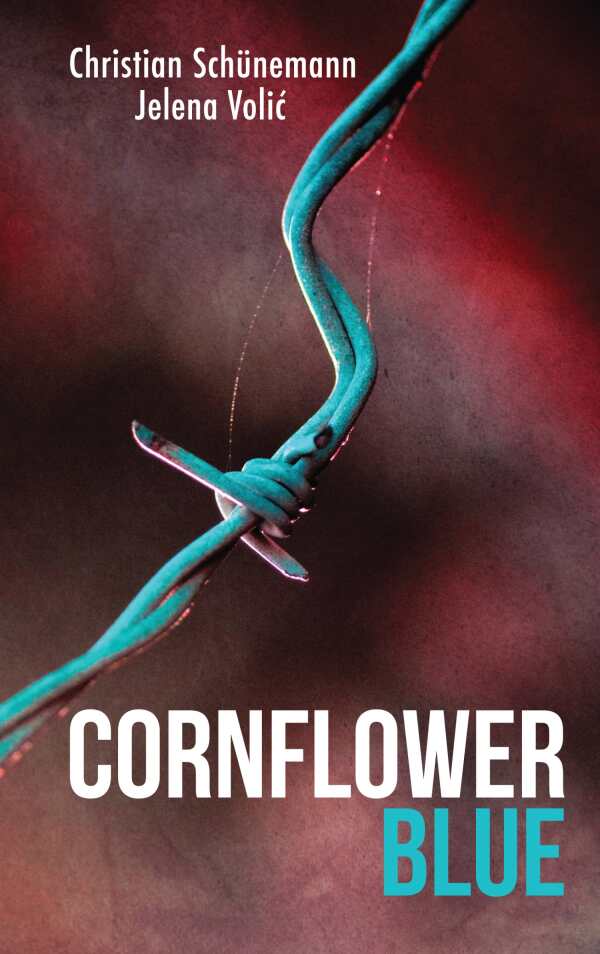Cornflower Blue
A Case for Milena Lukin
This mesmerizing novel provides an incisive look at how the Bosnian War marked its survivors.
In Cornflower Blue: A Case for Milena Lukin, Christian Schünemann and Jelena Volić reimagine a 2004 case of soldiers found dead inside a Serbian military compound. The novel, translated by Baida Dar, tracks Milena, a singular, middle-aged criminologist and academic who refuses to believe the deaths were a murder-suicide. Suspecting a cover-up, she sets out to prove her theory. An enticing plot sweeps through the tangled bureaucracies of Belgrade, culminating in an incisive look at how the Bosnian War marked its survivors.
Chapters blend intrigue with the comedy of divorced parenthood, to great effect. Scenes alternate between the discovery of the crime; Milena’s investigation, spurred by her lawyer friend, Siniša, who works on behalf of the bereaved families; minor dilemmas in Milena’s household, comprising her mother and ten-year-old son, whose German father is a source of unwitting competition; her work at the Institute of Criminology; her friendship with Tanja, a stabilizing force; and the story of a disturbed paramilitary man who plays a key role. The last section turns into a chilling cat-and-mouse stalking game with a frustrating outcome. Throughout, Belgrade’s historic locations serve as reminders of a past that won’t be erased, while contemporary settings highlight a fraught present.
Milena’s nature makes itself clear through well-placed, curious details. From her habit of buying a drawerful of potato peelers from a street vendor out of charity, to her brashness in the service of the truth, Milena is sympathetic, resolute, occasionally awkward, and ultimately loving—a winsome combination. Siniša also stands out as a flashy colleague who is determined to expose corruption. The trajectory of one character, who experienced the firsthand effects of war crimes, haunts with its implications that suffering breeds additional violence. It’s this thread that lingers, allowing questions of culpability to multiply and needle under the skin.
Titled for the color of the elite Serbian Honor Guard uniform, Cornflower Blue presents a bleak commentary on repressive systems driven by secrecy. Lone voices seeking justice despite the futility of being heard resound with the bravery of ordinary countrymen. It’s a mesmerizing read.
Reviewed by
Karen Rigby
Disclosure: This article is not an endorsement, but a review. The publisher of this book provided free copies of the book to have their book reviewed by a professional reviewer. No fee was paid by the publisher for this review. Foreword Reviews only recommends books that we love. Foreword Magazine, Inc. is disclosing this in accordance with the Federal Trade Commission’s 16 CFR, Part 255.

